Approaches to Stem Cells and Cell therapy
Human stem cells are unspecialized cells found in all parts of the body. They have the ability to self-renew and differentiate into any cell in an organism. Both embryonic and adult cells contain stem cells. Through the implantation of stem cells, stem cell therapy is a promising technique for the regeneration of damaged organs, tissues, or functions. For decades, stem cell therapy has been available. In the recent decade, stem cell therapy has sparked a lot of interest in a variety of therapeutic approaches. Stem cells have the ability to reduce inflammation, improve regenerative potential, and boost growth. Stem cell–based therapy has tremendous potential for improving people's lives. Stem cell therapy research will continue to develop, with a bright future for new biological components used in the treatment of a variety of diseases.
The transplantation of human cells to repair or replace damaged tissue and/or cells is known as cellular therapy (CT). Many different types of cells may be used as part of a therapy or treatment for a number of diseases and disorders due to advances in technology, inventive products, and infinite imagination. Hematopoietic (blood-forming) stem cells (HSC), skeletal muscle stem cells, mesenchymal stem cells, lymphocytes, dendritic cells, and pancreatic islet cells are some of the cells that could be used. Various cell types will be developed into treatments as innovative cell therapies and examined for possible uses while the research is ongoing.
- Diagnosis
- Drug Testing
- Genetic Identification
- Induced Pluripotent Stem Cells (iPSCs)
- Stratified Medicine
- Stem Cell Technology
- Tissue Engineering
- Translational and Clinical Research
- Cellular Communication
- Transplantation
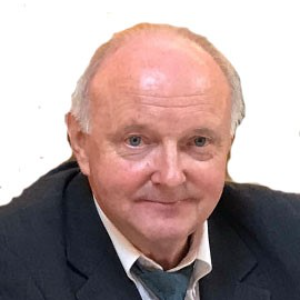
Bernd Blobel
University of Regensburg, Germany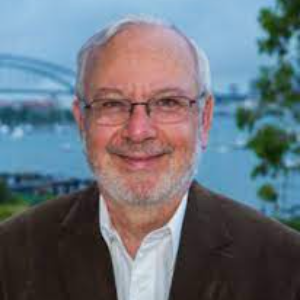
Roy Gary Beran
University of New South Wales, Australia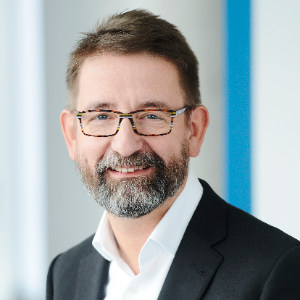
Matthias Schwab
University of Tubingen, Germany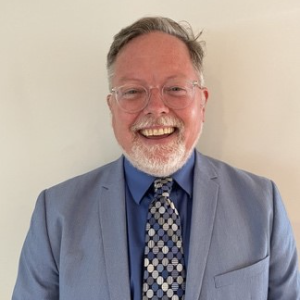
Thomas Webster
Interstellar Therapeutics, United States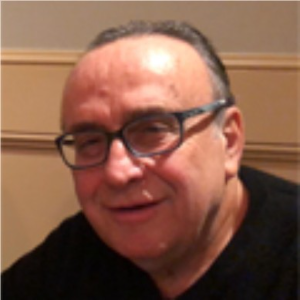
Boris Tankhilevich
Magtera, Inc., United States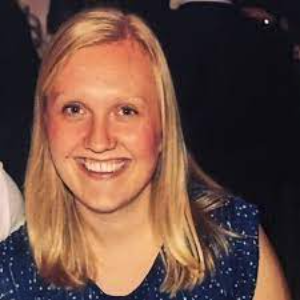
Isabella Friis Jorgensen
University of Copenhagen, Denmark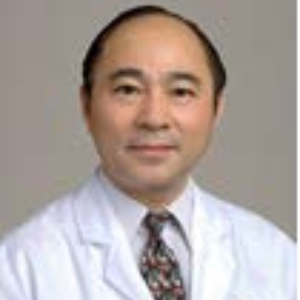
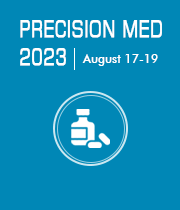

Title : The use of anti seizure medication therapeutic blood level determination to personalise the treatment of epileptic seizures especially in patients attending the accident and emergency department
Roy Gary Beran, University of New South Wales, Australia
Title : Personalized and precision medicine (PPM) can be established as a unique healthcare model through biodesign-driven and inspired biotech, translational applications. This approach aims to ensure human healthcare, wellness, and biosafety.
Sergey Suchkov, Institute for Biotech & Global Health of RosBioTech and A.I. Evdokimov MGMSU, Russian Federation
Title : Monitoring folds localization in ultra-thin transition metal dichalcogenides using optical harmonic generation
Ahmed Raza Khan, Australian National University, Australia
Title : A systematic review of regulatory approaches for Direct- To- Consumers (DTC) genetic testing
Kavitha Palaniappan, Duke-NUS Medical School, Singapore
Title : Regulatory framework of in vitro diagnostic and artificial intelligence for precision medicine
Pei Ting Sarah Chou, Regulatory Affairs Professionals Society, Taiwan
Title : Unraveling cancer stem cell signatures in circulating tumor cells of metastatic colorectal cancer: Investigating ALDH1A1 and the repurposing potential of disulfiram via scRNA-seq
Nurul Syakima Ab Mutalib, Universiti Kebangsaan Malaysia, Malaysia